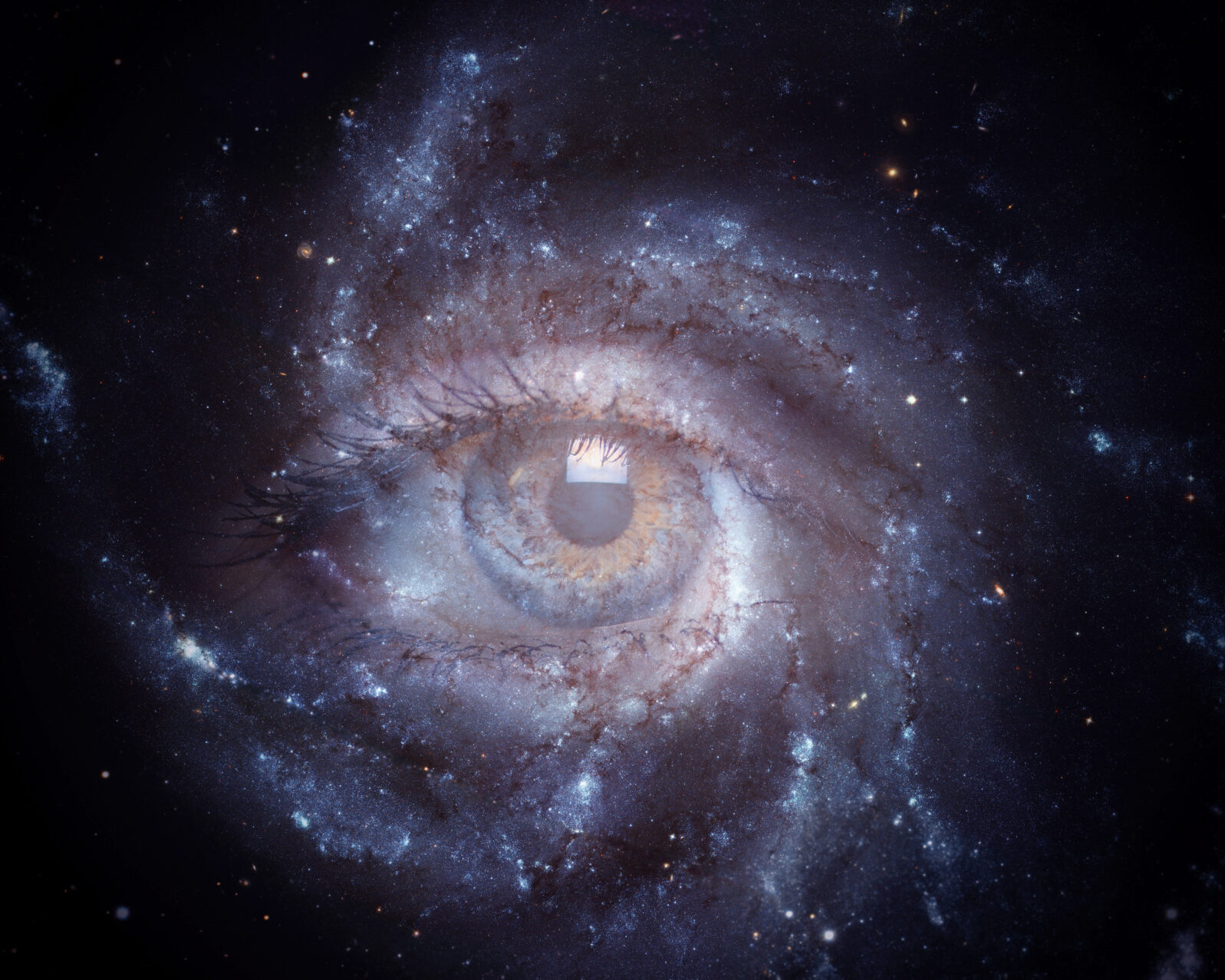Psychologist: Consciousness Is Not a Thing But a Point of View
Mark Solms attempts to explain consciousness in his new book, Hidden SpringAnyone who thinks about consciousness soon realizes that it is a Hard Problem. It means being a subject of experience, rather than an object to which experiences happen. A dog has consciousness. He yelps when in pain. But a rock does not care about becoming sand.

In an interesting article in Psychology Today, neuropsychologist Mark Solms outlines some thoughts from a book he has written on the subject, The Hidden Spring: A Journey to the Source of Consciousness (Norton, 2021):
Physiological processes do not produce consciousness in the sense that the liver produces bile. Consciousness is not a thing but rather a point of view. What we perceive objectively as physiological processes in the brain we perceive subjectively as conscious states. These are two different observational perspectives upon the very same processes: consciousness arises from the being of a brain. This leads to a fundamentally different question: Why is it something to be a brain but not to be a liver, or, for that matter, a rock?
Mark Solms, “Why We’ve Failed to Solve the Hard Problem of Consciousness” at Psychology Today
Well, wait. To use philosopher Thomas Nagel’s distinction in “What is it like to be a bat?”, there is probably nothing that it “is like” to be a rock.
But now, is there really something that it is like to be a “brain”, as opposed to a “liver”? Why?
Solms clearly assumes that the mind is just what the brain does. But that’s precisely the claim that the very existence of consciousness clouds.
Solms hopes to find the answer not in reason but emotion:
Most important is that tiny lesions in the brainstem (as small as 2mm3) obliterate all consciousness, including visual consciousness. This stands in sharp contrast to the fact that consciousness is preserved with prenatal or neonatal destruction of the entire cortex. These facts suggest that the fundamental type of consciousness is affect, and that it is generated not in the cortex but the brainstem. The sentient subject is literally constituted by affect, and we only become conscious of our visual (and other) cortical processing when it is ‘palpated’ by these brainstem neuromodulatory systems. In other words, we sentient subjects feel our way into our intrinsically unconscious cortical processes to become aware of them.
Mark Solms, “Why We’ve Failed to Solve the Hard Problem of Consciousness” at Psychology Today
That sounds like another fix that keeps the discussion going without really shedding much light. But at least the discussion continues.
Note: Is a tree conscious? Probably not in the sense that we humans understand the term. But it is a harder question than some might think. Plants communicate extensively with each other. Think ants, not people.
You may also enjoy:
Your mind vs. your brain: Ten things to know
and
Do we really have free will? Four things to know
